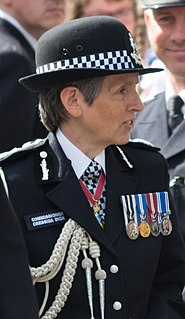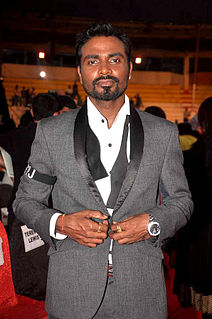A Quote by Jeff Lemire
'Plutona' is the story of five kids who find the body of the world's greatest superhero in the woods after school one day. It's about how this discovery, and the decisions they make, affect them as a group and individually.
Related Quotes
My ex-student, Idit Harel, who wrote a book, "Children Designs," has a documented story of a kid who was very shy, isolated and didn't talk much to other kids. She was a little overweight, and the other kids looked down on her for that reason.But then she made a discovery about how to do something on the computer. The discovery was picked up by other kids, and within a few weeks there was a total transformation. This kid was now in demand. And that changed her feeling about herself.
That is the great thing about policing, you do have a lot of responsibility very early and you have got to make decisions, sometimes life and death decisions, very quickly and there is something about putting a uniform on and thinking 'people are looking to me to make decisions and to look after them' that makes you feel capable.
We've now got a group of young people in this country who for all practical purposes are American. They grew up here. They've gone to school here. They don't know anything other than being American kids. But their parents may have brought them here without all the proper paperwork - might have brought them here when they were three, might have brought them here when they were five. And so, lo and behold, by the time they finish school, and they're ready to go to college, they find out they can't go to college and, in fact, their status as Americans are threatened.
When my kids were growing up, I wanted their teachers to teach them science, reading, math and history. I also wanted them to care about my kids. But I did not want my children's public school teachers teaching them religion. That was my job as a parent and the job of our church, Sunday school, and youth group.
The StarTalks - while kids can watch them, they're actually targeted at adults. Because adults outnumber kids five to one, and adults vote, and adults wield resources, and adults are heads of agencies. So if we're going to affect policy, or affect attitudes, for me, the adults have always been the target population.
Middle school was my most awkward stage. I switched schools after the sixth grade after having gone to the same school for six years with the same group of 40 kids. It was a shock. I reinvented myself. I experimented with different styles, different groups of friends, and different types of music and not knowing how to be cool.
Over the course of the years, I've learned [that] fashion is a fascinating business about selling magic. It is done on the backs of our optimism and our insecurity. It is as much psychology as commerce. But I've also learned that every day we make split second decisions about people based on their attire and those decisions can have powerful implications - see the story of Trayvon Martin and his hoodie. It's important for us to understand how fashion works and how we connect to it.
In terms intellectually, [what] shaped my life was the whole Munich thing [the Munich Agreement] that I knew about all my life, in terms of how large powers make decisions that affect small countries, and the unintended consequences of that. The other part is I knew about the Holocaust. l just didn't know that it applied to my family. But that did affect the way I thought about what I was seeing as ethnic cleansing in the Balkans; there's no question about that.
I wanted to make a movie once at Lake of the Woods, where my parents had a cabin, which I now have. We actually planned, we wrote a whole screenplay about a kind of Indian spiritual group that was at Lake of the Woods. We weren't calling it that but it was Lake of the Woods. We wrote a whole screenplay about it but we couldn't get funding for it.








































